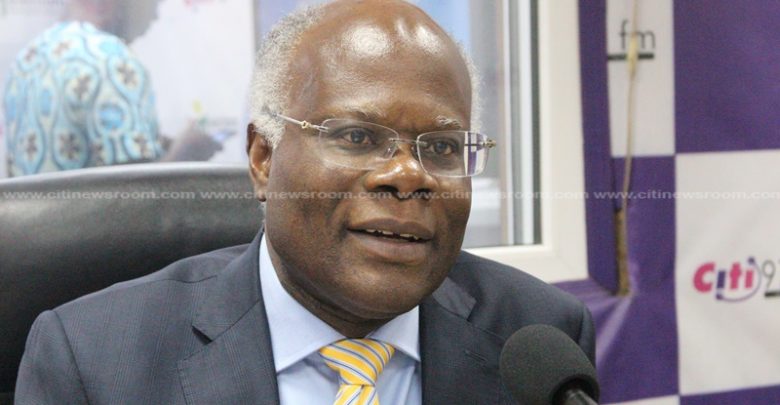News
My views on RTI law hasn’t changed – KT Hammond

Adansi Asokwa Member of Parliament, KT Hammond has said even though the Right to Information Bill has been passed he still stands by his assertion on the need for the law.
Speaking on Eyewitness News today [Wednesday] he said although he stands by his words, he is hoping that the law will live up to its purpose.
The Member of Parliament had described the RTI Bill as a recipe for disaster, which would impede the work of ministers and governance processes.
“I have not shifted one millimetre or centimetre from my views, I am still so clear in my views. It is law now, why don’t we just wait, for the implementation and all, it could turn up that it was just a red herring on my part, that I was unnecessarily agitated by it, ” he said
Last Year, KT Hammond maintained that the RTI Bill in its current form was dangerous for governance.
“What I found a little bit more disappointing was when one suggested that they didn’t think I had the document and they didn’t think I had understood it. That is below the belt. They [CSOs] should give me a little bit more credit.
“They may not like my views but to suggest that I do not know a thing about RTI is a bit unfair. I did not expect that they will clap for me. I knew that this Bill will not ensure the benefit of the entire country. I have suggested that this is a Bill that the media is interested in and I stand by it. Criticize me, but give me a little bit more credit.”
RTI Coalition push for passage of RTI bill
Members of the Media Coalition on RTI planned to protest in Parliament in 2018 but were denied entry into the house.
The government was accused of paying lip service to the passage of the Bill.
Speaker of Parliament, Prof. Mike Oquaye, in July expressed confidence in the ability of the House to pass Bill in the final session of 2018.
About the RTI Bill
The RTI bill is a fundamental human right guaranteed by the country’s 1992 Constitution and recognized as a right under International Conventions on Human rights.
The Bill as it has been drafted is to give substance to Article 21 (1) (f) of the Constitution which states that “All persons shall have the right to information subject to such qualifications and laws as are necessary for a democratic society.”
The back and forth
The Right to Information Bill was first drafted in 1999 under former president, Jerry John Rawlings.
Various advocacy groups emerged to press for the immediate passing of the bill into law in 2002 and reviewed in 2003, 2005 and 2007.
The National Democratic Congress (NDC) in 2008 and 2012 election manifestos promised to pass the Bill.
In 2010, it was presented to Parliament for consideration.
In 2011, the government signed unto the Open Government Partnership (OGP) Initiative with a commitment to pass the law. Then in November 2013, the Bill was formally laid before parliament.
Former Attorney General, Deputy Dominic Ayine in 2015, moved the Bill for second reading in Parliament.
In October 2016, the Bill was withdrawn and replaced with a new one which was immediately laid.
Following the dissolution of the Sixth Parliament of the Fourth Republic and the swearing-in of new Parliament in January 2017, the Bill had to be re-laid by the new government before work commences on it.
Source: Citinewsroom.com



